The book is 124 pages thick, including 15 articles on the history of imperial examinations, literary examinations, martial examinations, examination arrangements, mandarins and candidates, concepts of imperial examinations, several ancient articles on imperial examinations, etc. The book was excerpted from “Khai Tri Tien Duc Journal” ( Hanoi , 1941). The book clearly shows that imperial examinations were an important issue in feudal times in our country in particular and many countries in the East Asia region in general. At that time, for the country, imperial examinations were to select talented people to serve the country, and for scholars, it was a path to advancement and to realize their aspirations and ambitions.
The author of the book said that, considering the history of Vietnam's imperial examinations, our country opened the first imperial examination in the Ly Dynasty, the year At Mao, the reign of Thai Ninh under King Ly Nhan Tong (1075), called the Minh Kinh Bac Hoc examination. That was the beginning of the imperial examinations in our country, for later generations to follow and create a disciplined and serious imperial examination system that lasted for nearly a thousand years. The book has a lot of information about the popular examination at that time, Thi Huong. All the scholars in the districts and counties in a province or many provinces took the exam together in a certain provincial capital to select the best students, then took the exam together in the capital with the best students in other provinces. Those who passed the Thi Huong were often called by the time as Cong Tu or Cu Nhan. The author also brought readers to the atmosphere of the ancient examination school, the way the state organized, arranged, and regulated the examinations for our people through the imperial examinations from the beginning, until 1918 when the imperial examinations really closed.
Martial arts exams were held later than literature exams. The author of the book, looking back at historical pages, said that in the 8th year of Chinh Long (Bao Ung, 1170), King Ly Anh Tong often practiced at the shooting range in the south of the capital. When practicing, there were military officers who learned the methods of attack and defense, and how to set up battle formations. During the reign of King Tran Thai Tong, people with courage and understanding of martial arts were selected to be the Thuong Do Tuc Ve, so it can be said that our country's martial arts exams originated from that time. In fact, it was not until the reign of Le Thai To that the rules for martial arts exams were established, and it was not until the reign of Bao Thai (1720-1728) that the exams were established.
The imperial examinations of each era reflect a part of the history and culture of the country, so the book “A brief study of the imperial examinations of Vietnam: From the beginning to the Mau Ngo examination in 1918” contributes to the archive of documents for today’s readers to understand more about the past. At the same time, there are connections to understand modern education in a new mindset: not just studying for exams, but learning for life to meet the needs of many different areas in society.
| Tran Van Giap (1898-1973), alias Thuc Ngoc, was the author of a number of valuable written and translated works: “A brief study of Vietnamese imperial examinations” (1941), “Brief biographies of Vietnamese writers” (1962), “Ha Bac customs and soil in the Le dynasty” (1971), “Exploring the Han Nom book collection (I-II), “Ngoc Kieu Le” (1976)… |
QM
Source: https://baocantho.com.vn/hieu-them-ve-khoa-cu-ngay-xua-a191203.html


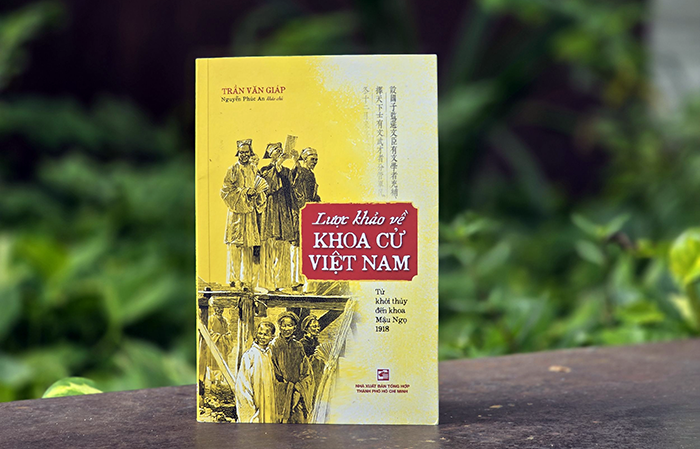




![[Photo] Prime Minister Pham Minh Chinh chairs the Conference to deploy the National Target Program on Drug Prevention and Control until 2030](https://vphoto.vietnam.vn/thumb/1200x675/vietnam/resource/IMAGE/2025/10/09/1759990393779_dsc-0495-jpg.webp)
![[Photo] Impressions of the Can Gio Whale Festival](https://vphoto.vietnam.vn/thumb/1200x675/vietnam/resource/IMAGE/2025/10/09/1759984089762_image12334-5642-jpg.webp)




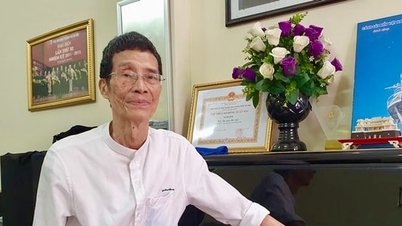

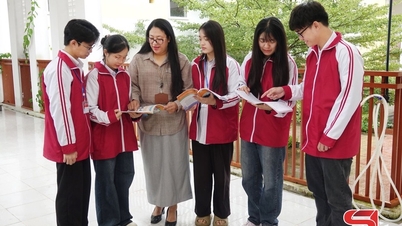


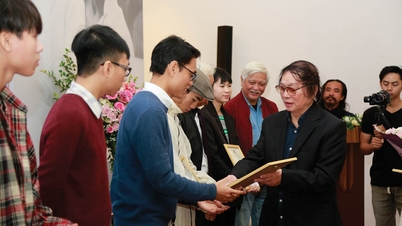






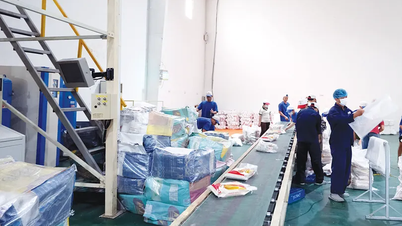
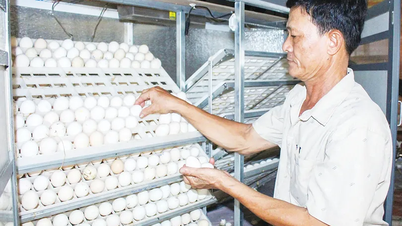
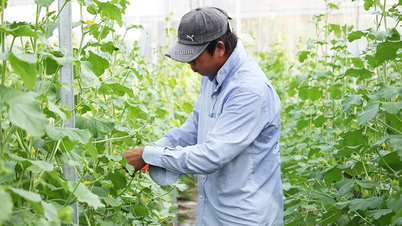






























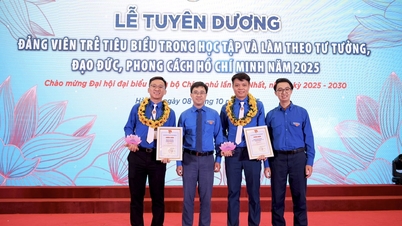








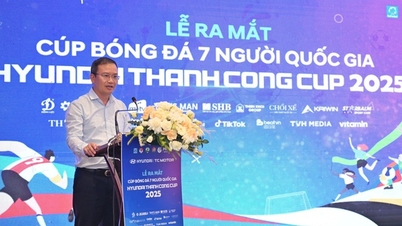



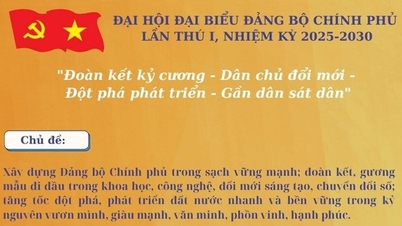






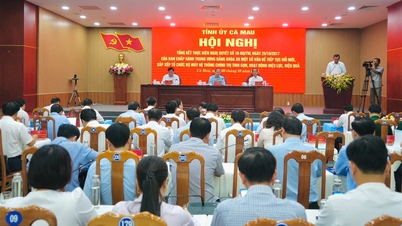
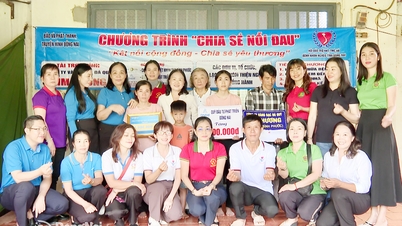


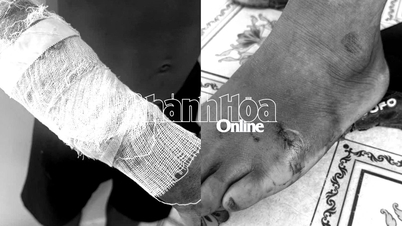

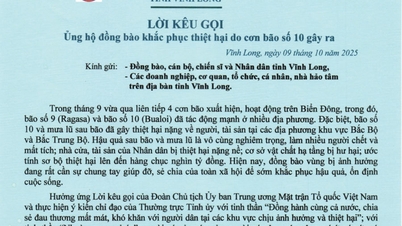








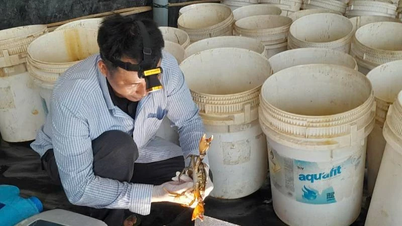





Comment (0)